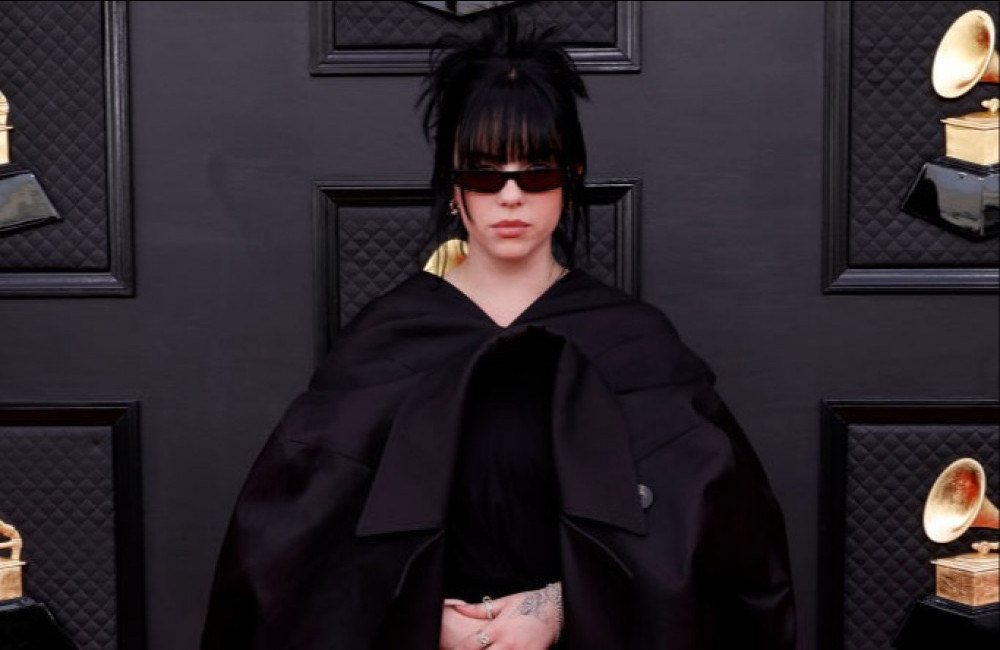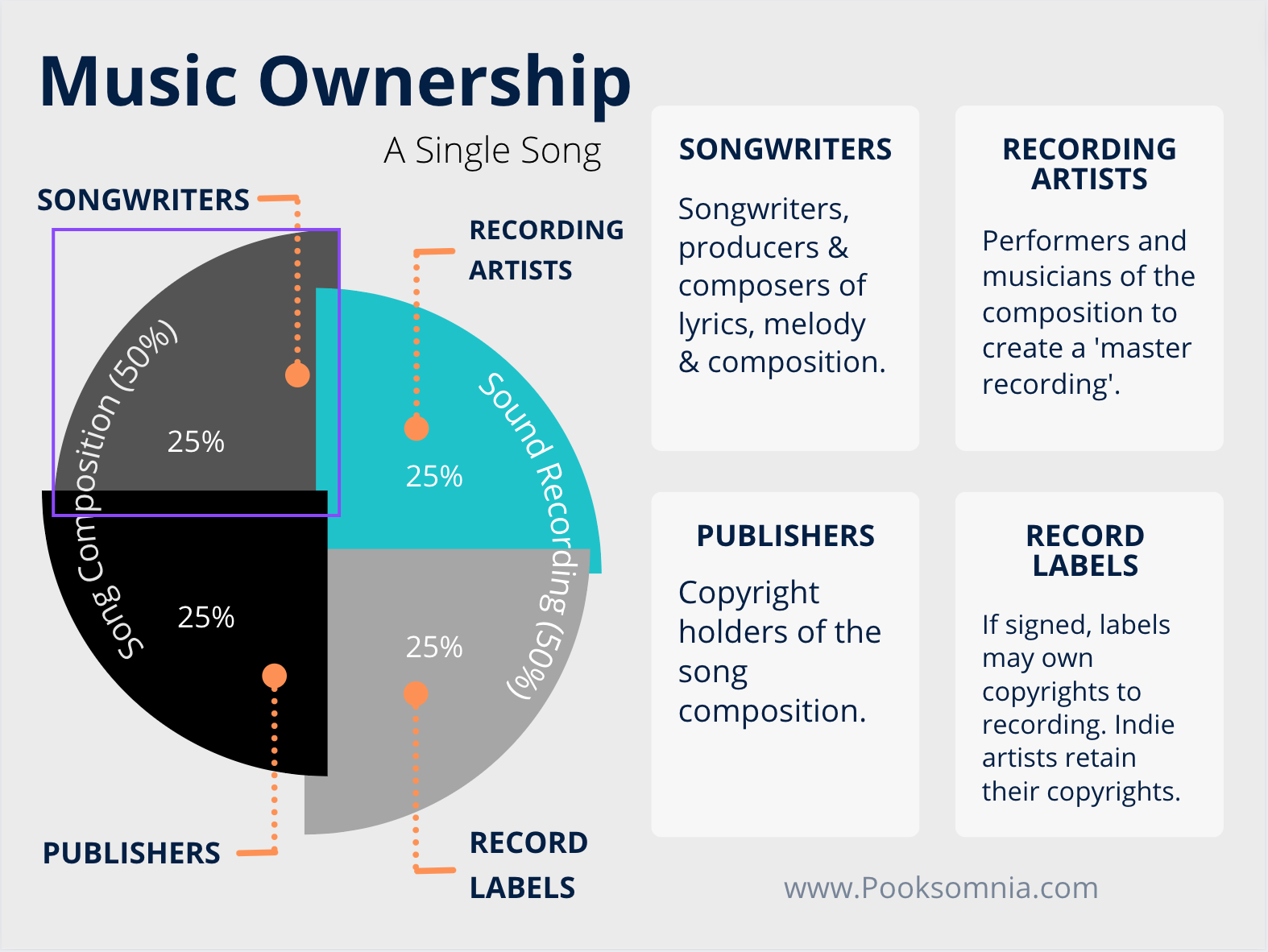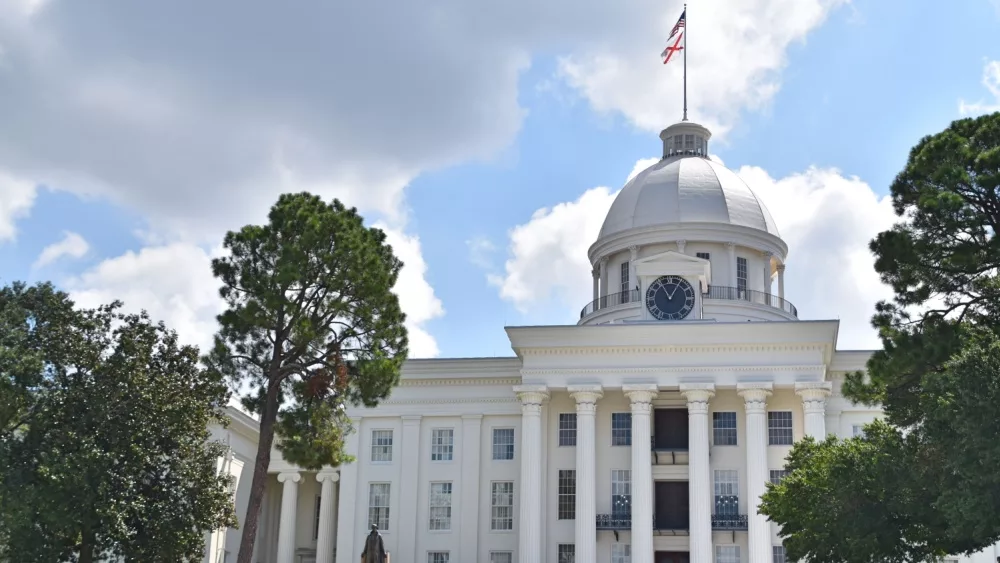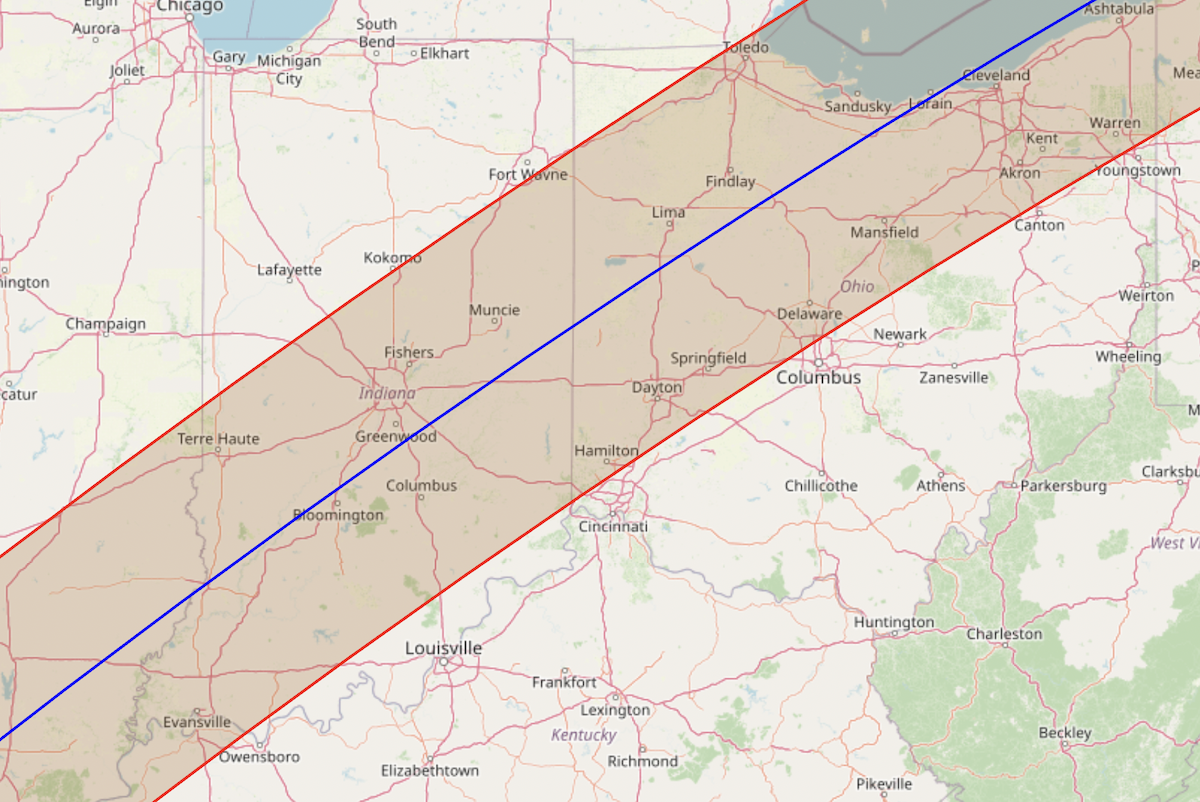
Lewis Capaldi, Lil Mosey, Tucker Wetmore & More Music Artist Signings
The U.S. is the only major country in the world where terrestrial radio is not required by law to pay royalties to performers or recorded-music copyright owners of the songs played on-air.

Former U.S. Rep. William Delahunt of Massachusetts has died at age 82 VPM
Visit www.siriusxm.com/usmusicroyalty for more information on the U.S. Music Royalty Fee.

Billie Eilish, Jon Bon Jovi and Katy among stars to join together to
When it comes to collecting the royalties your songs earn, there are many types of pay sources in the U.S. Many songwriters are familiar with Performing Rights Organizations (PROs). The main focus of music PROs is tracking the performance royalties that are earned anytime a work is played publicly. That includes everything from a live concert to a satellite radio station or loudspeaker.

After years of trying, the U.S. government may finally mandate safer
U.S. Radio Royalties U.S. Radio Feature Performances. BMI considers a radio feature performance of a popular song to be one that lasts 60 seconds or more and is the sole sound broadcast at the time of the performance. BMI makes separate payment for three categories of radio feature performances, based upon a sampling of stations licensed by BMI
Expect a Surprise at WrestleMania 40 AJ Styles Hints at New Theme
1. Radio acquires a blanket license (s) from its local PRO (s) 2. A song is played on a radio, and the airplay is reported to a PRO. 3. The PRO distributes royalties and songwriter gets paid. The songwriter is paid the royalties due. Why songwriters are paid instead of artists.

Miranda Lambert, Billie Eilish, Nicki Minaj submit letter to AI
Performance royalties from performances of music cues or songs in your catalog can make up the largest part of your music income. Placements in films and TV shows can quickly result in $10,000 to $100,000+ a year in performance royalties. A hit song can easily generate $500,000 to $1,000,000 in performance royalties.

This isn't the first time the U.S. and Israel have disagreed over Gaza
European Artists & Labels Ask EU to Stop Radio Royalties From Going to U.S. Acts The coalition is calling for a reversal of a court ruling that found U.S. artists should get an equal share of.

5 Types of Music Royalties A Full Breakdown Pooksomnia
Neighboring rights refer to the legal right to perform or broadcast recorded music in public. Musicians and sound recording owners receive these royalties when their recording is performed or broadcasted on radio, streaming services, new media, TV, in a public place such as a club or restaurant. The rights do not generate royalties for selling.
Exploring Post Malone's Net Worth in 2023 Birmingham Journal
SoundExchange previously sued Sirius XM for unpaid royalties in 2013. The dispute was settled in 2018 for $150 million. The case is SoundExchange Inc v. Sirius XM Radio Inc, U.S. District Court.

The Female Gaze Vneck Shirt, Petrify the Patriarchy Shirt, Feminist
U.S. Radio Royalties U.S. Radio Feature Performances. BMI considers a radio feature performance of a popular song to be one that lasts 60 seconds or more and is the sole sound broadcast at the time of the performance. BMI makes separate payment for three categories of radio feature performances, based upon a sampling of stations licensed by BMI

Democrat Marilyn Lands flips seat in Alabama House after running on
Performance royalties are licensed and collected by PROs, which then pay songwriters and publishers. In the United States, the main PROs include ASCAP, BMI, SESAC, and Global Music Rights (GMR). With respect to PROs, music users, from restaurants to radio broadcasters to streaming services, pay PROs a fee to obtain a license to use a music.

U.S. Supreme Court Does Not Go Far Enough in Determining When
In the U.S., recording artists only collect performance royalties from digital and satellite radio. These digital royalties are collected in two different ways. One is through SoundExchange, a PRO-like organization charged with issuing blanket licenses to digital music services and collecting the sound recording performance royalty in return.

Sunday Mornings With CBBC * We do not own the Rights to the music
The U.S. Music Royalty Fee is based on the entire subscription price of the plan you purchase that includes musical performances. The U.S. Music Royalty Fee is 21.4% of the subscription price of satellite plans* which include music channels as of January 15, 2019. The U.S. Music Royalty Fee is 8.8% of the subscription price for streaming plans.

The Total Solar Eclipse is Stressing Us Out Here's What You Need to Know
Take the range of U.S. terrestrial radio royalties of $0.000186 to $0.000372. A typical Spotify payout of 0.3 cents per stream (an estimate based on Billboard sources and media reports) is 16.1.
Jack Antonoff Abruptly Ends Interview When Pressed About Taylor Swift’s
Radio airplay is considered a public performance. This means it generates performance royalties, the kind that are collected by local Performing Rights Organizations (PROs) and paid out to songwriters via a blanket license . The catch: Unlike the terrestrial outlets in many other countries, stateside AM/FM stations are not required to pay.

Miranda Lambert, Billie Eilish, Nicki Minaj submit letter to AI
There is a legislative effort underway to change U.S. law to force radio stations to pay a performance royalty for the sound recording, but so far it's had very little movement or support. Synchronization. Synchronization (or "synch") royalties are owned when a song has been licensed for a TV show, film, ad, and so on.